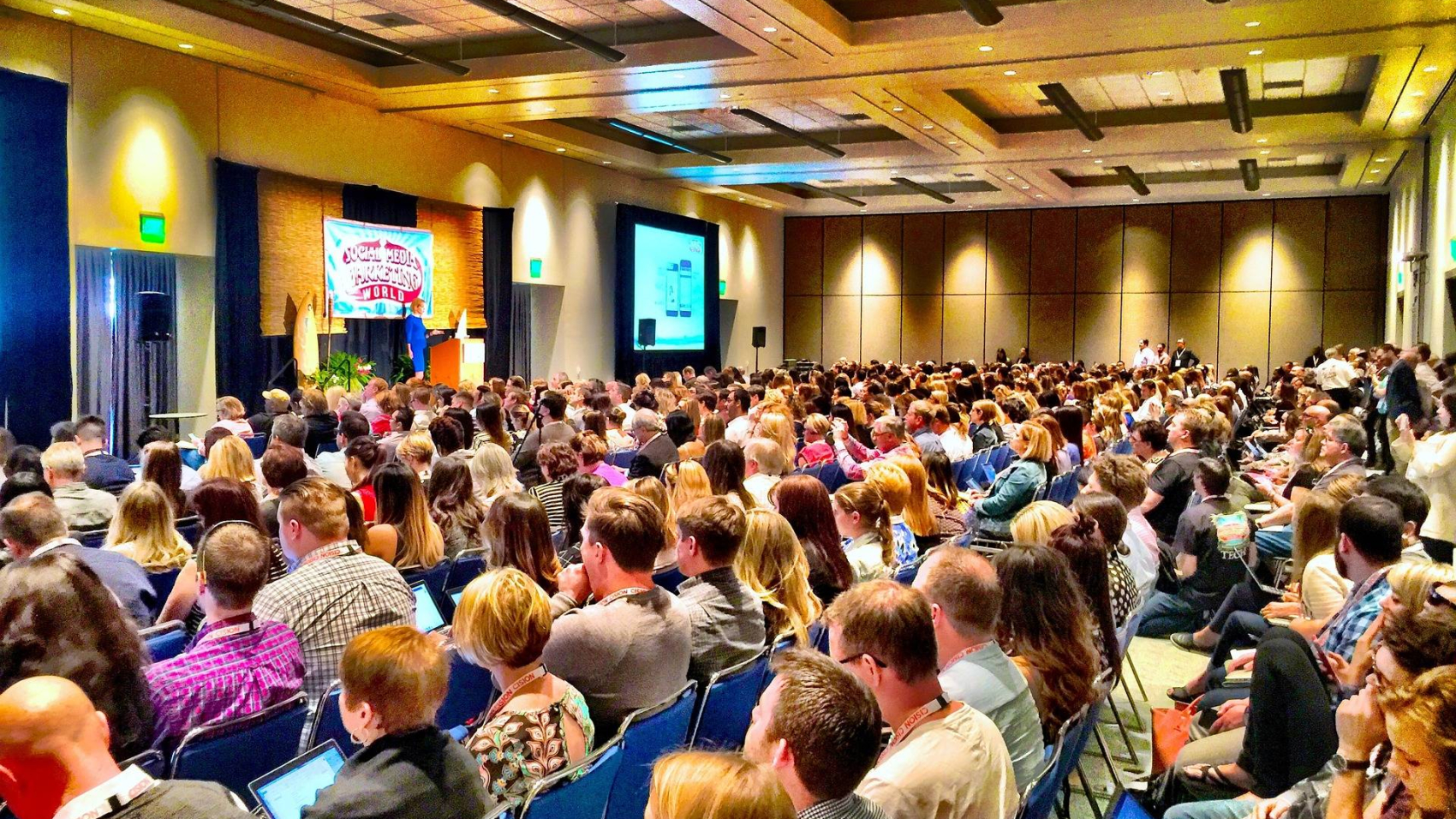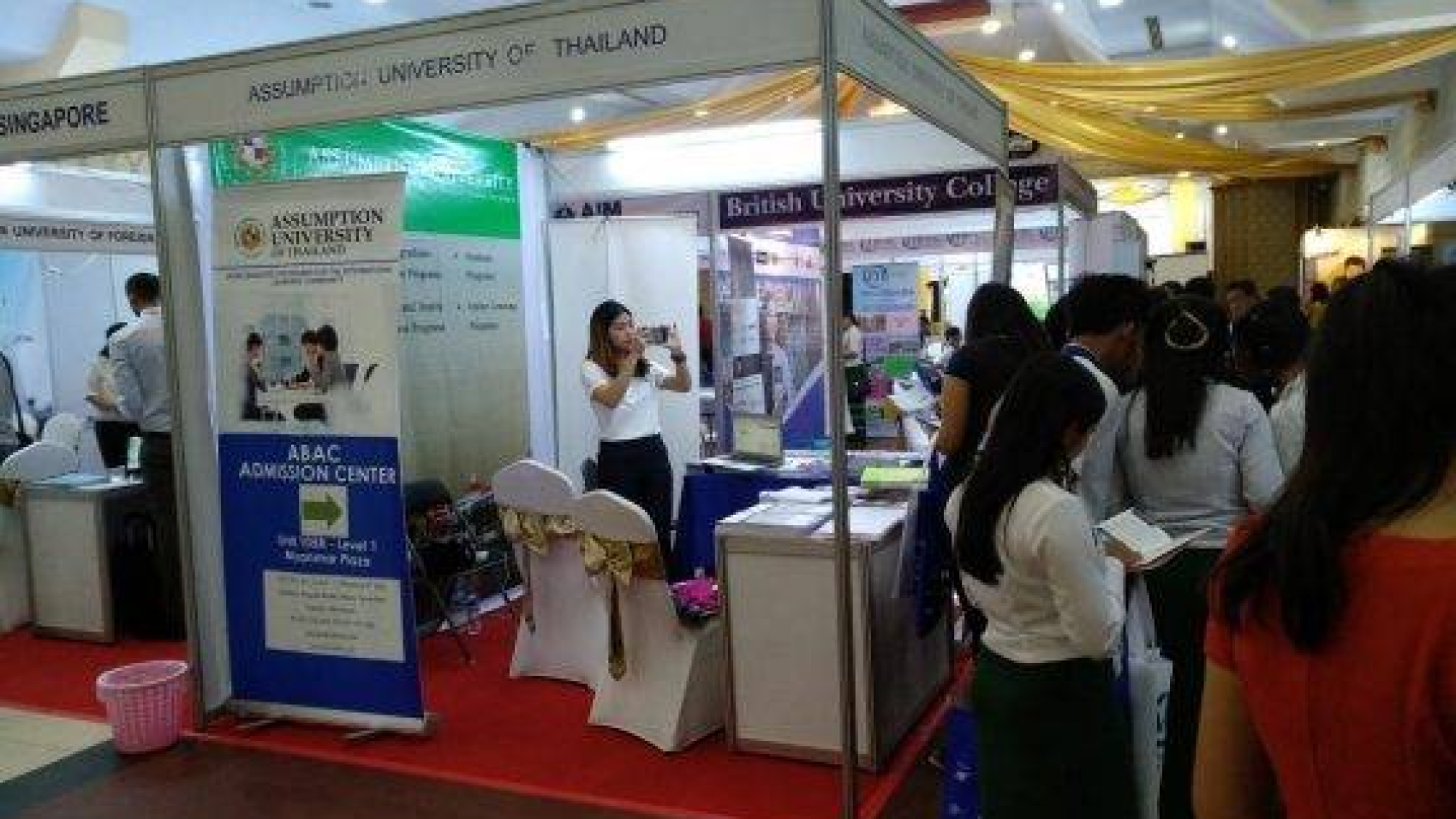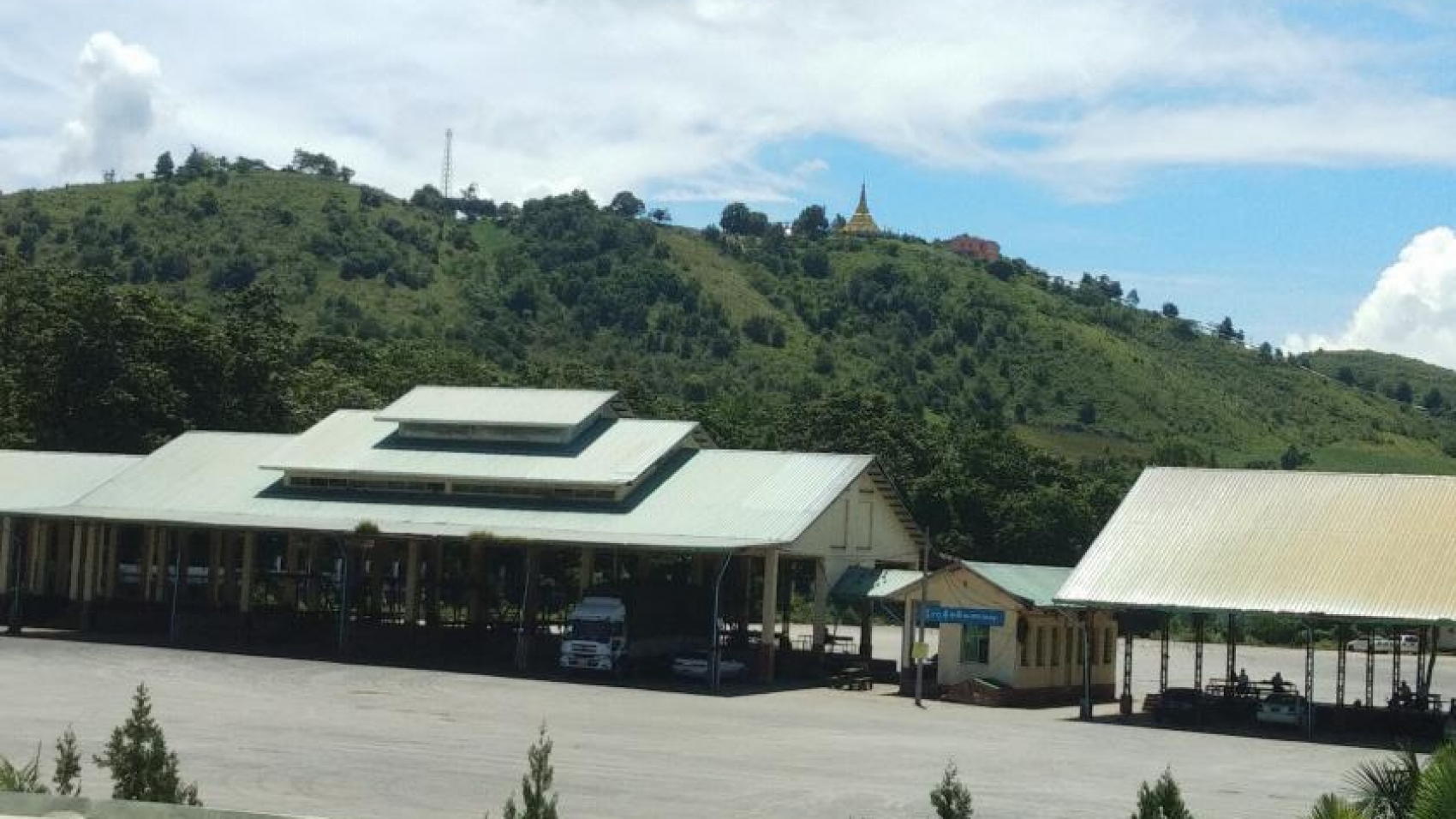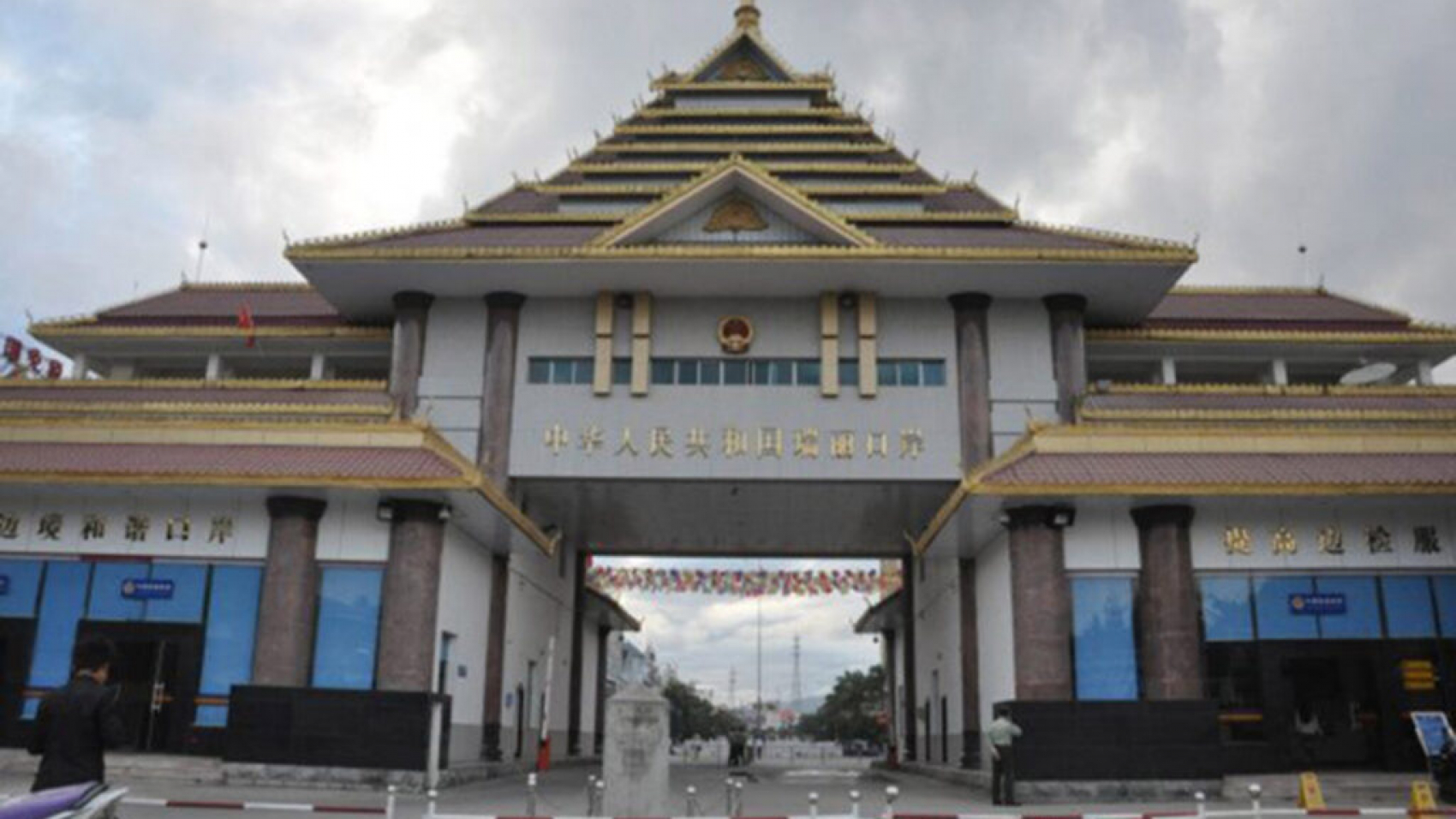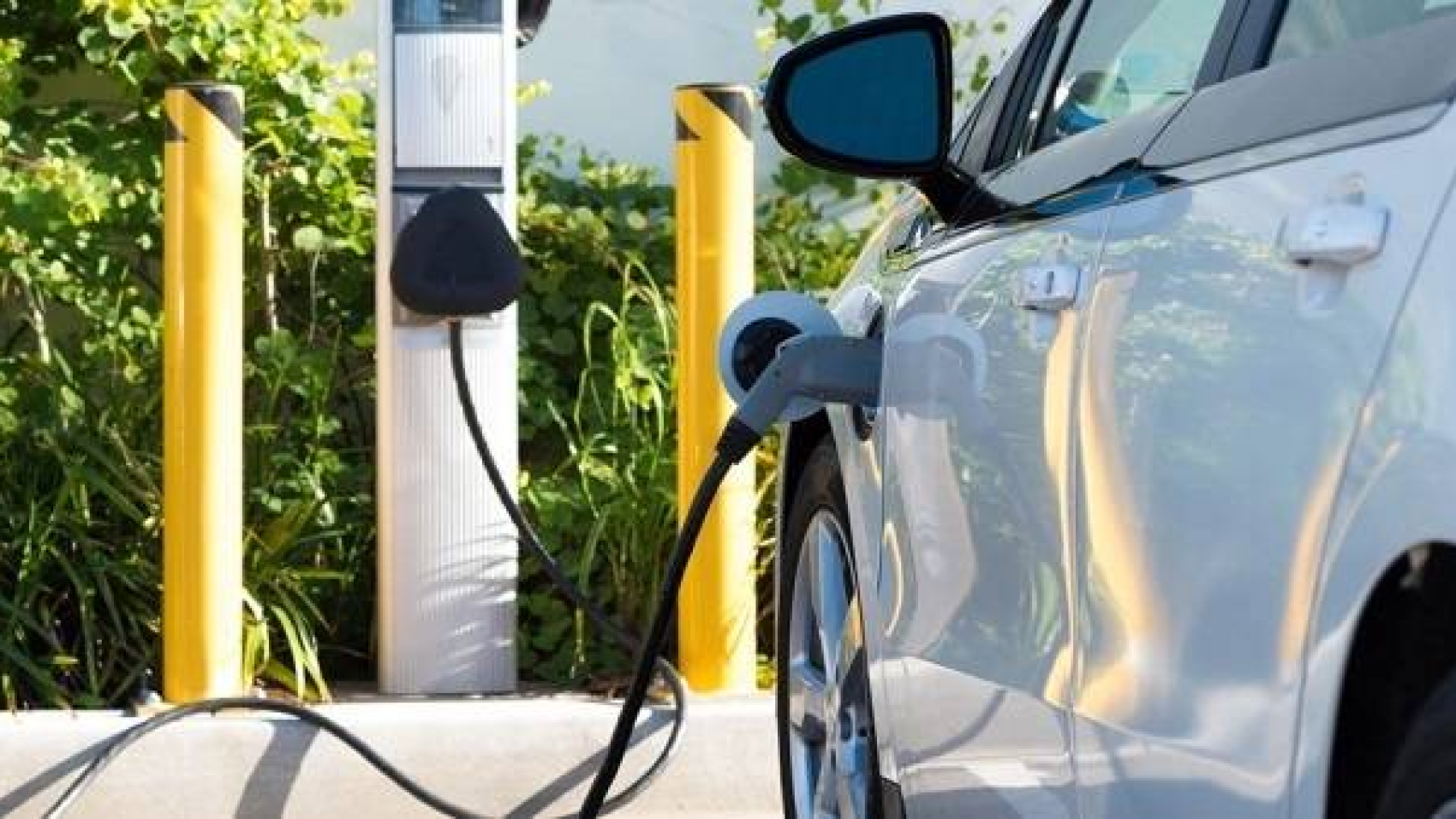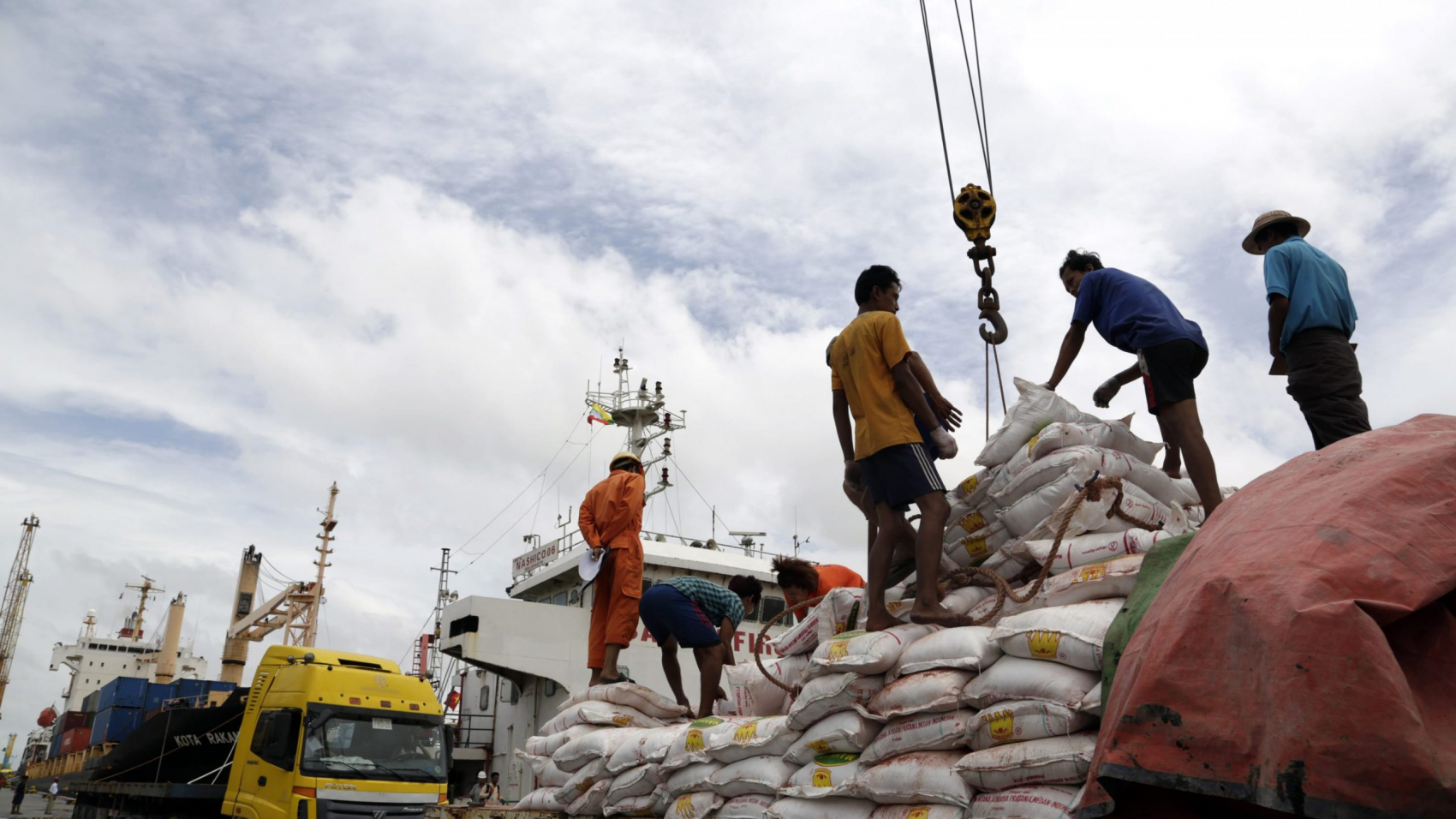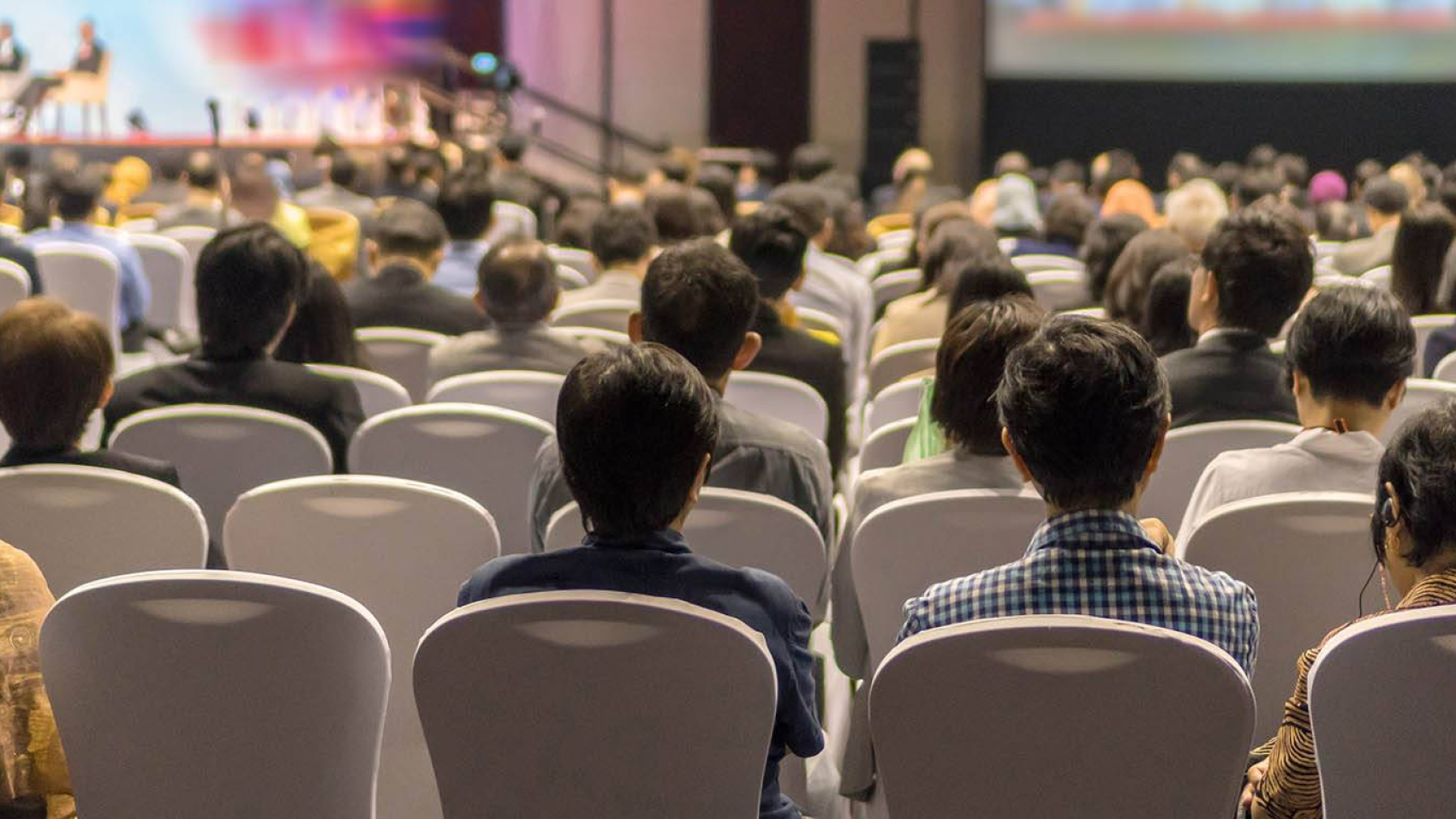For a week from 11 to 17 February 2023, prices of three export pulses and chickpeas jumped. The wholesale market price of palm oil peaked at K7,000 per viss when 30,000 tonnes of palm oil were brought into the country. The newly harvested garlic from Shan State and Pakokku areas entered Yangon markets.
Onion
Bayintnaung wholesale market saw the entry of 180,000 visses of onions on 17 February 2023. The prices moved in the range of K1,000 and K1,500 per viss depending on the quality, size and producing areas (Seikphyu, Pyawbwe and Myittha) that day.
On 17 February, the price of large onions from the Myittha area plunged to K1,200 per viss. With about 21,276 visses of onions flowing into the Myingyan depot on 17 February, the highest price of onions from the Yaw and Pale areas was K1,150 per viss. The maximum price of onions from the Myittha area was K1,400 per viss and those from Myingyan touched the highest of K1,000 per viss with the supply of 30,000 visses to the Mandalay market.
Garlic
New garlic from Shan State and Pakokku area entered the Yangon market on 13 February. On 14 February, the prices stayed at K3,650-5,500 per viss depending on varieties and qualities.
Potato
Chinese potato price was around K2,250 per viss on 17 February, while the prices of local potatoes from Sinphyukyun and Bhamo areas moved in the range between K1,300 and 1,900 per viss.
Chilli pepper
The wholesale prices of chilli peppers were K9,000-10,000 per viss for long chilli pepper and Moehtaung variety. The prices of bell peppers from the Sinphyukyun area were K14,500-15,000 per viss.
Rice
The new low-grade rice was valued at K53,000-6,1000 per bag depending on varieties (Aemahta and rice grown under intercropping system). The new Pawsan rice prices peaked at K74,000-87,000 per bag depending on the producing areas (Pyapon, Myaungmya and Shwebo).
The old Pawsan rice prices rocketed to K79,000-107,000 per bag depending on the producing areas.
Palm oil
The wholesale reference price of palm oil in the Yangon Region for three consecutive weeks from 13 to 19 February has been set at K4,490. The FOB price of palm oil dropped to US$955 per tonne on 14 February. However, the wholesale market price rallied to K6,550-7,000 per viss despite the inflow of imported edible oil between 8 and 14 February.
Pulses
The prices of various pulses were spiked at over K1,885,000 per tonne of black gram (Fair Average Quality/RC), K2,120,000 per tonne of black gram (Special Quality/RC), K2,132,500 per tonne of pigeon pea (red gram) RC, K4,100 -4,400 per viss of chickpea in Yangon markets.
Source: The Global New Light of Myanmar

